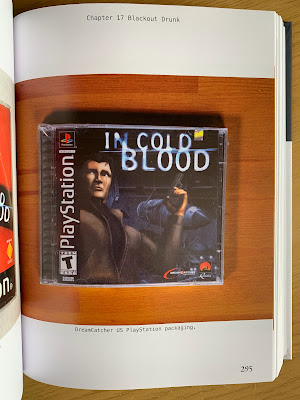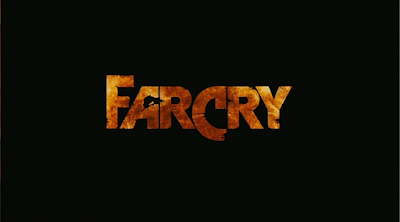I'm not doing it. I refuse, point blank, to begin this review with that line. Nope, not going to happen. What? Really? Oh, ok then, since you asked nicely. "Paris in the fall..."
Alongside Barrington Pheloung's classic composition, thus begins one of the finest point and click adventures ever created. In this engaging, revealing and heartfelt volume, Tony Warriner (with the support of Martin Mulrooney) details how he found himself as a co-founder of Revolution Software, as well as the trials and tribulations of working in the videogames industry as it matured from bedroom coders to increasingly larger teams. There are corporate shenanigans ahoy along the way as the small British studio managed to stay the course almost despite, rather than because of, the support of larger publishers.
Written in an easy going style, there is a lot of detail as to the daily workings of a development studio, as well as a fine line in humour sprinkled throughout (minstrels and Ferrari's!). Individuals are treat fairly, even during the most difficult of circumstances, and the author accepts blame where he was at fault, as well as evenly pointing out where mistakes were made. This is evident by the lovely foreword from Charles Cecil - the context of which becomes clear as you read through the book. Where things get technical, the explanations are easily understood and nothing is left unexplained.
There is also a great line of cynicism working its way through the text (which is a common thread in many a memoir of the industry), and the behaviours of the corporate layers of publishers gets short shrift as you realise all the team ever wanted to do was create a great gaming/artistic experience - and yes, gentle reader, videogames are art. We've had this discussion already and it's not up for review!
Speaking of art, the book, over its 630 pages, is crammed with artwork, concept drawings, diagrams and photographs. For fans of specific Revolution titles or just the studio in general, there is much to enjoy here.
As for the topics covered, I particularly liked the chapters focusing not only on the fan favourite Broken Sword series, but also on In Cold Blood, a mis-understood title upon release (got to love marketing people), as well as Tony's involvement in developing for the Gizmondo console - I did order one, then got cold feet just before the company collapsed. It was also enlightening to discover more about the Kickstarter process for Broken Sword 5.
What comes across clearly here is the author's passion for creating games and being involved in videogame development, as well as an historical taste for chicken, red wine and Silk Cut. Hey it was the 90's, that's how games development rolled back then!
Revolution: The Quest for Game Development Greatness is a warm and illuminating tale of videogame creation in the UK, told with a personal touch that brings the successes and failures vividly to life. However, it is more than just a memoir or a history of Revolution Software. It is also a searing critique of an industry that has grown over the years yet not necessarily matured - the rise of "the publisher" from small scale outfit to multi-national corporate entity, and of a financial and stockholder focus that threatened then (and continues to do so to this day across the industry) to kill the very geese that lay the golden eggs. As such, it also sounds a note of caution, a message to those who wish to work in the industry, especially for a mainstream publisher-supported (or owned) developer. No matter how good you are, how brilliant your work is, or how talented the team is in which you belong, money and inter/intra-company politics will always talk.
Yet, so as not to end on a negative note, this book is also a guide. A encouraging observation that, despite the changes over the past thirty years, there are now, more than ever, avenues for those who wish to push themselves in to the industry, opportunities to create and release titles that can demonstrate skill, dedication and artistry. The author puts forward some sage advice, born from years of experience, advice that any would be indie-developer (for Indies are growing segment of the market - next week's post will be my review of Debug magazine, a publication centred purely on said scene), would be wise to take note of.
You can pick up a copy of Revolution here, as well as follow Tony on Twitter here, and Martin here.
P.S. Upon finishing this excellent tome, I realised that the memories dredged up by it were leading me back into the adventures of George and Nicole. Be it on the Gameboy Advance, Nintendo DS, PC, PlayStation, PS2 or Switch (the versions I have to hand across the five titles), I set my mind that I would start at the very beginning (a very good place to start), and once again hear that timeless opening:
"Paris in the fall..."




















